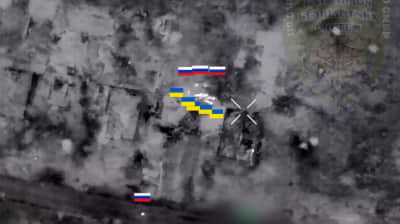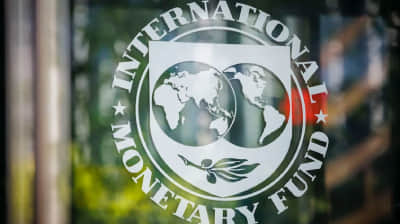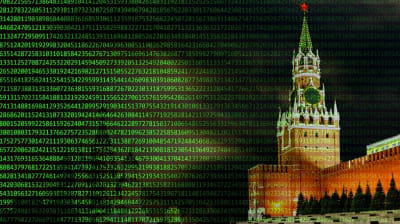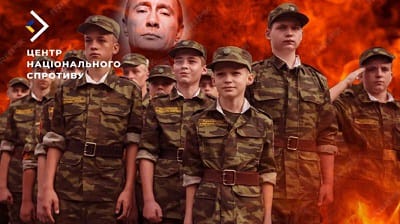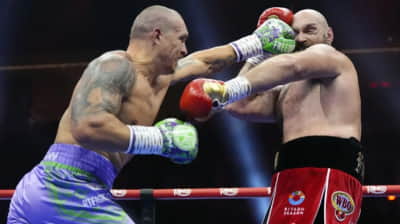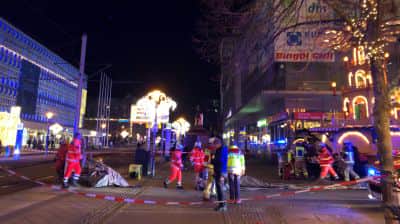Kadyrov criticises CSTO countries for "silence" about war in Ukraine
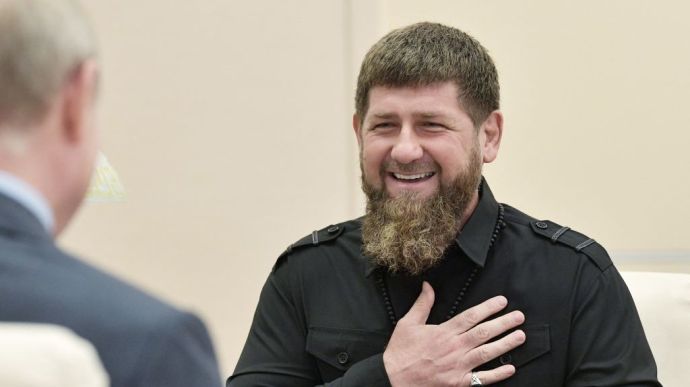
Ukrainska Pravda – Saturday, 18 June 2022, 20:26
Kremlin-controlled Chechen leader Ramzan Kadyrov has accused CSTO members of not getting involved in Russia's war against Ukraine. [CSTO, or the Collective Security Treaty Organisation, is an intergovernmental military alliance in Eurasia - ed.]
Source: Kadyrov in a video address on Telegram
Quote from Kadyrov: "There is a CSTO organisation. This organisation is of no use to Russia. Yet Russia helps everyone. All the so-called European leaders come to Putin, they negotiate on the phone. They defend Ukraine's interests, they are Ukraine's accomplices.
And CSTO comrades, why do you keep silent? Why don't you talk about your neighbours? Why don't you try to end the war? Why don't you take a position against the Banderas, Nazis and fascists who killed our ancestors? We fought together against Bandera. And now, as if nothing has happened, everyone is silent, fearing the sanctions of America or Europe."
Details: Kadyrov asked the leaders of the former Soviet Union to "unite and say your piece".
"If there is a state, if there is an ally, it must make up its mind and make its own move. Who saved Belarus? Russia. Who saved Kazakhstan? Russia. Who stopped the war between Armenia and Azerbaijan? Russia. And when Russia is in need, you are all silent, you’re afraid of sanctions," he said in reproach.
Reference: The Collective Security Treaty Organisation includes Russia, Belarus, Armenia, Kazakhstan, Kyrgyzstan and Tajikistan.
Previously: Kassym-Jomart Tokayev, the President of Kazakhstan, said on 15 June that some Russian politicians were turning the tide, insisting that Russia had allegedly saved Kazakhstan, not a CSTO peacekeeping force, and now "Kazakhstan must forever serve and bow at Russia's feet".
On 17 June, Tokayev said he would not recognize "quasi-state formations" in Donbas.
